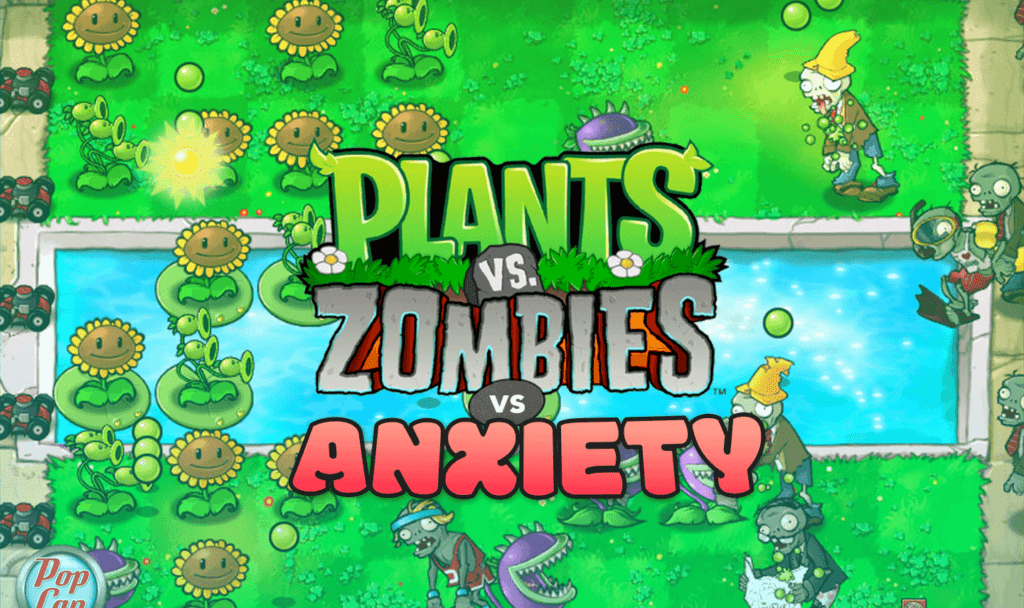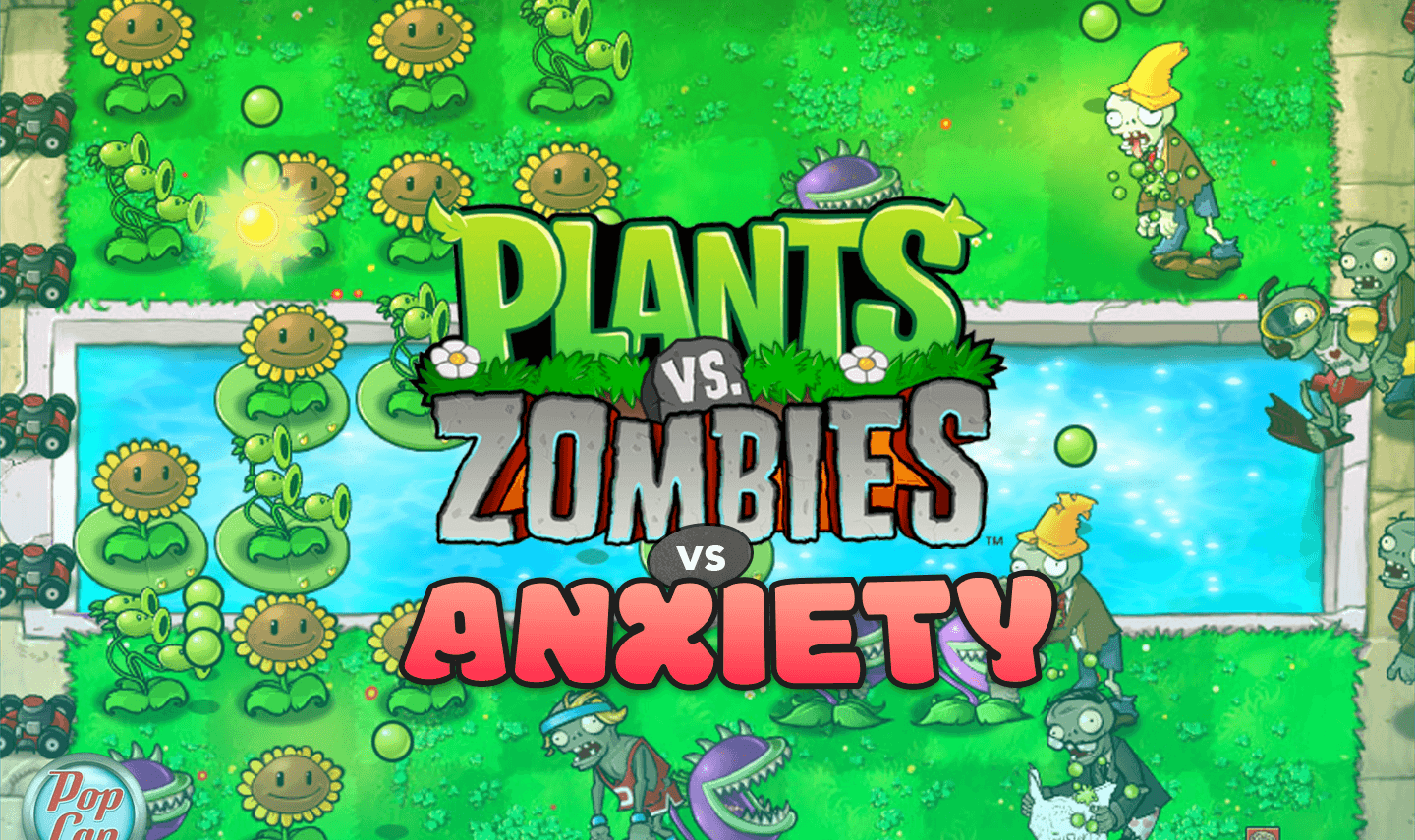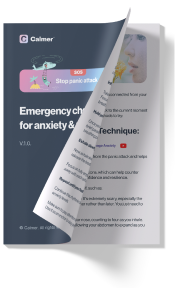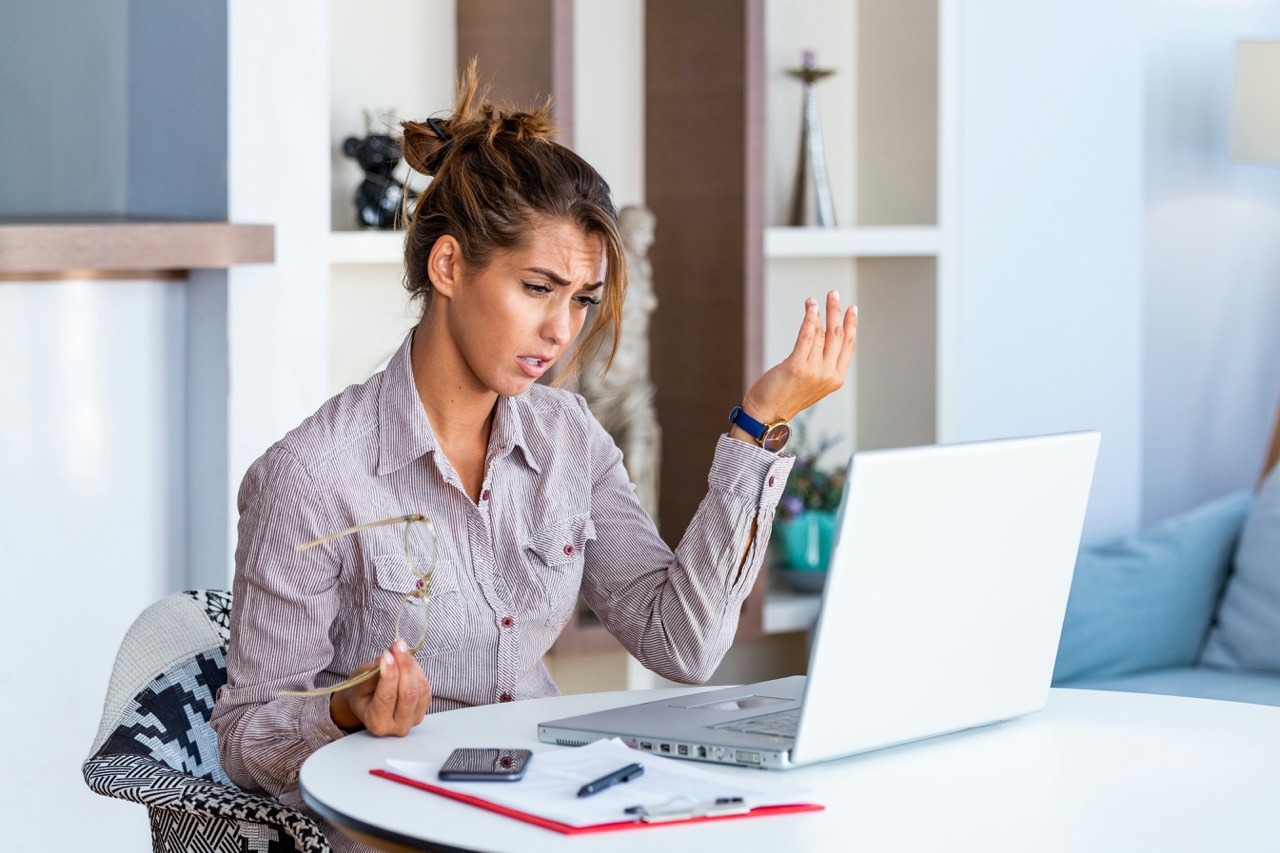Anxiety affects millions of people globally, getting in the way of their daily lives and well-being. As public awareness of mental health issues increases, experts have looked into techniques for anxiety management. And interestingly, it turns out that gaming is a very well-researched method for dealing with anxiety. In this post, I want to look at the studies to explain how gaming might help with anxiety, what the potential benefits are, and if there are any negative side effects.
Anxiety is one of the most common mental health issues and is often associated with excessive worry, trouble making decisions, irritation, stress, and, in some cases, even panic attacks. There are also often physical symptoms such as an elevated heart rate, nausea, and sweating. It can have a significant impact on a person’s everyday life, relationships, and general well-being. Most commonly, anxiety can be treated with meditation, breathing exercises, cognitive-behavioral therapy (CBT), and, in more severe cases, medication.
Studies
During my research, I found that there are quite a few well-researched studies done on the subject. Most studies adopt a mixed-methods approach, analyzing both qualitative and quantitative data from previous research. Participant data is derived from diverse demographics, and various game genres are researched. Assessment tools include standardized questionnaires for anxiety and depression symptoms. These studies collectively suggest that gaming can have positive effects on mental health, particularly in managing symptoms of anxiety and depression, though the effects can vary based on the individual and the type of gaming.

An experiment from 2018 showed that people with anxiety who played the very popular mobile tower defense game “Plants vs. Zombies” four times a week for at least a half hour each session experienced better mental health outcomes than those who took medication. This study is particularly interesting because it compared the effects of a popular commercial video game directly with medication, a more conventional treatment method for anxiety.
An interesting 2011 study trying to find the role of gaming in anxiety and depression suggests that gaming has a dual effect. The study suggests that while gaming can help with anxiety, it’s important to think about how Internet gaming affects anxious gamers by focusing on how much they play and if they have any signs of a gaming disorder.
Another study from 2021 titled “Gaming Your Mental Health” focused on the potential mental health benefits of playing commercial video games, particularly in addressing symptoms of depression and anxiety. The review acknowledges that depression and anxiety are the two most common mental health disorders globally. The study discusses the significant treatment gap and stigma associated with these mental health disorders and emphasizes the need for accessible, cost-effective, and stigma-free methods of treatment, especially in the wake of the COVID-19 pandemic.
The benefits
So what are the potential benefits of gaming related to anxiety? According to the research cited above and other studies I could find online, there are quite a wide range of benefits and effects from gaming that can help with anxiety, depression, stress, and overall mental health.
Therapeutic Benefits. Some studies have found that video games can offer therapeutic benefits for individuals with mental health issues. Games designed with therapeutic intentions, often referred to as “serious games,” can target specific symptoms of anxiety and depression, offering a form of digital therapy.
Stress Reduction. Playing video games can be a form of stress relief for many people. Having an immersive gaming session allows individuals to escape from the stress of daily life, which can have a calming effect and reduce symptoms of anxiety.
Improved Mood. Games can also improve mood and provide a sense of achievement and fulfillment. Completing tasks and achieving goals in games can offer a sense of satisfaction and boost self-esteem, which can be particularly beneficial for individuals suffering from depression.
Social Interaction. Multiplayer games offer opportunities for social interaction, which can be beneficial for those who feel isolated or have social anxiety. Online gaming communities can provide a sense of belonging and support, which is important for mental well-being.
Cognitive Benefits. Gaming can also have cognitive benefits, such as improved attention, problem-solving skills, and brain plasticity. These cognitive enhancements can indirectly contribute to better mental health by improving overall brain function and resilience.
Real-Life Relief Stories
There are many real-life stories of people who have found relief from anxiety through gaming. Jessica, who suffered from social anxiety, provided one firsthand account. Jessica had the ability to communicate and form connections with like-minded people through online multiplayer games.
“Gaming allowed me to break down the barriers of social anxiety and form meaningful friendships. It created a comfortable environment in which I could be myself and gain confidence.” Jessica
Why Gaming Works
The effectiveness of gaming in reducing anxiety is based on psychological and neurological factors. The studies show that gaming helps with nervous thoughts, provides a cognitive break, and reduces stress. The immersive nature of gaming causes the brain’s pleasure chemical, dopamine, to be released, creating a pleasant emotional state. Gaming may improve executive functions and cognitive flexibility, resulting in improved emotional regulation and adaptive coping mechanisms.

Negative Effects
Although there are worries regarding gaming’s possible harmful impact on anxiety, it is critical to evaluate the greater body of evidence that supports its benefits. When used carefully and in moderation, gaming can be a wonderful tool for anxiety alleviation. Excessive gaming, rather than being the cause, has been linked to pre-existing mental health disorders in studies. Setting boundaries, exercising self-regulation, and maintaining a healthy gaming lifestyle, according to researchers, are critical in optimizing the potential advantages.
Effective Gaming Strategies
Several insights and strategies can be used to maximize the positive impact of gaming on anxiety. It is critical to select games that match your interests and create a sense of fun. Balance can be maintained through regular breaks, physical activity, and social engagement with friends through gaming. It’s also important to remember that gaming is only one of the methods of dealing with anxiety and shouldn’t be relied on as the cure for everything.
In conclusion, gaming is a very viable path for anxiety management since it provides distraction, creates social relationships, and improves cognitive skills. Research combined with real-life examples shows that it can help with anxiety, depression, and stress. Gaming can have a very positive effect on overall mental well-being. So I think it’s time for a game break. In the next blog post, I’ll cover some of the best games for anxiety relief, so stay tuned!




